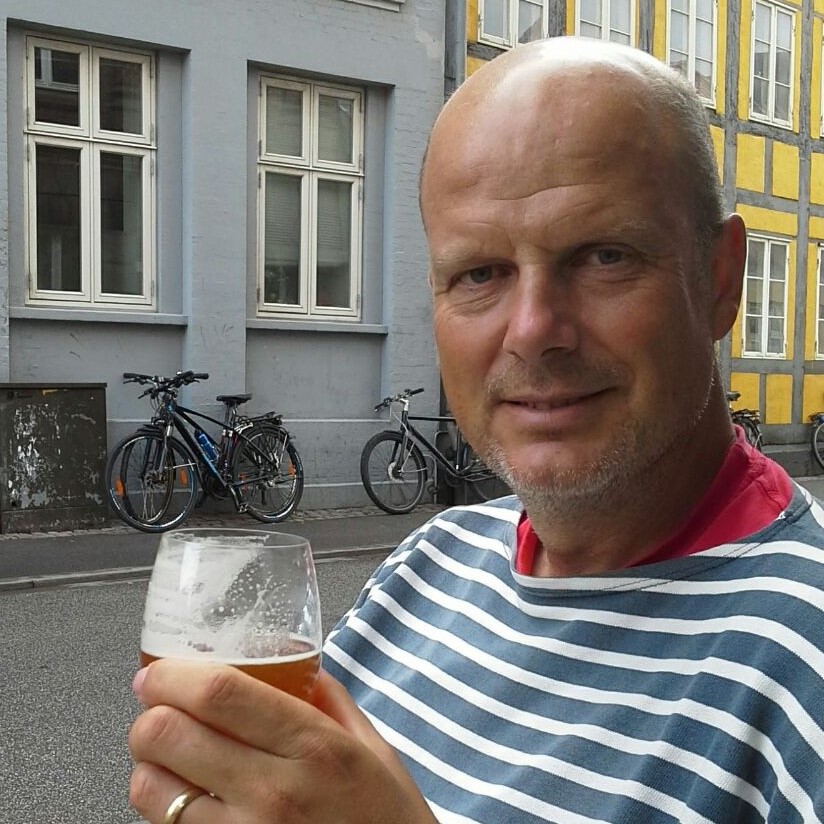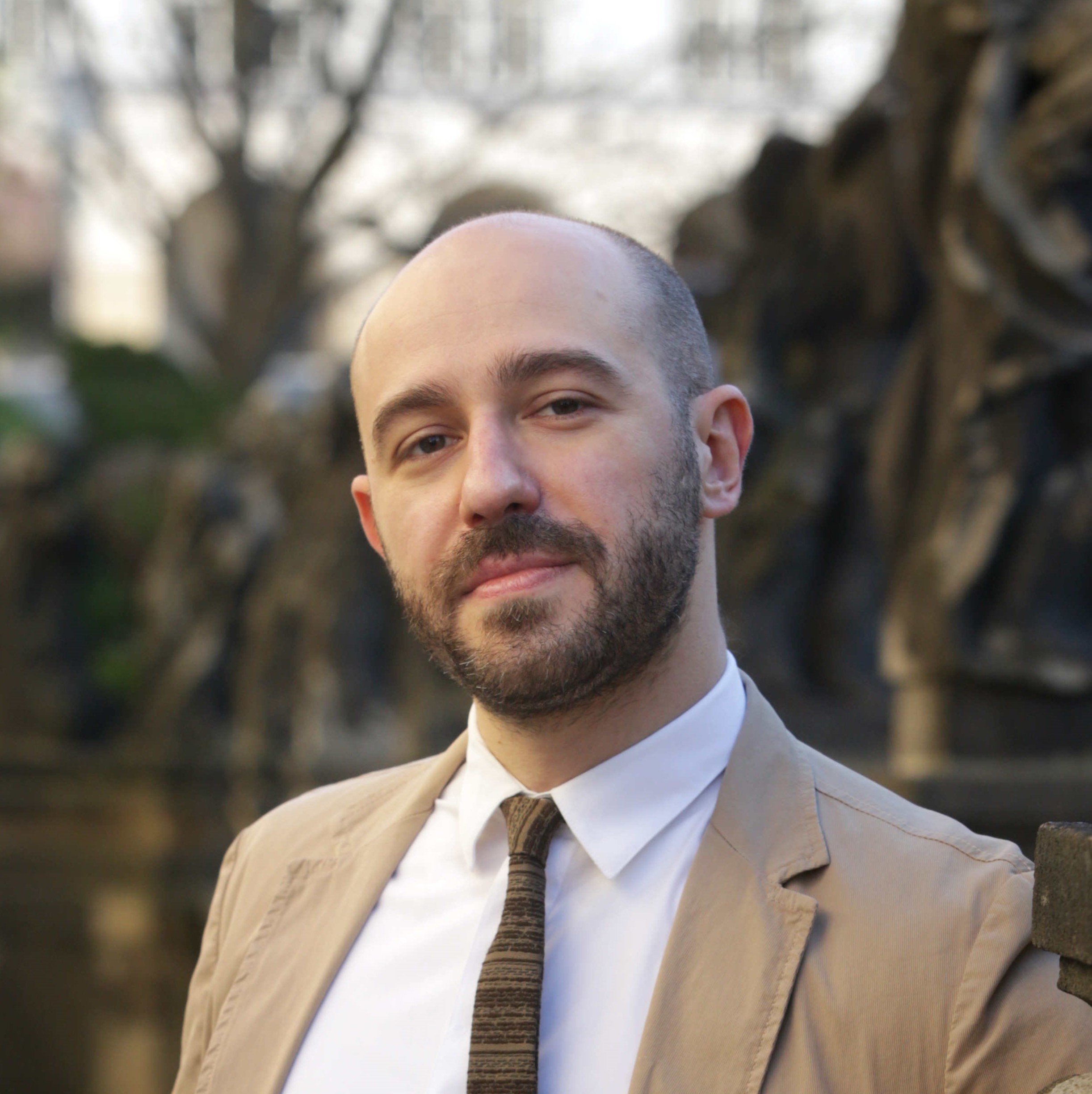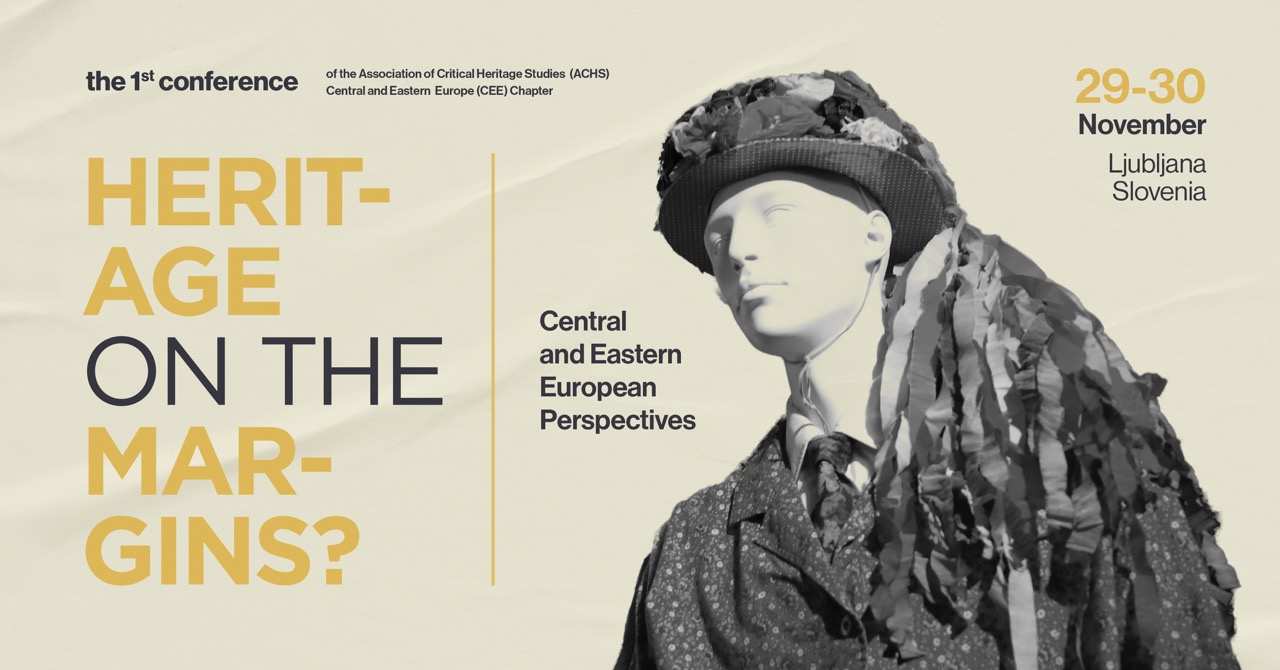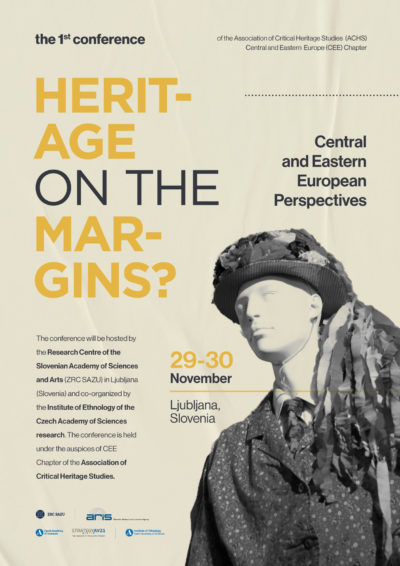ABOUT THE CONFERENCE
The history of Central and Eastern Europe (CEE) has been characterized by the violent changing of borders and routes ever since WW1 and WW2. Post-war events continue to shape everyday local realities, state formations, and displacement of communities. (Self)imposed views on centrality and/or marginality of the region come strongly to the fore when considering these developments, producing inherent diversity. Socialism and post-socialism can be understood as a unifying experience in the region, but it is also highly differentiated, when considered alongside historical events and local political developments. How are all these diverse historical developments affecting heritage related processes in the region? What kind of perspectives can be gained from CEE heritage-making processes?
The conference aims to further discuss identified common themes of the Central and East European heritage studies; marginality vs. centrality, the impact of WW1 and WW2, the interplay of borders and routes, displacement of people, differentiated legacies of (post)socialism and future CEE heritage prospects. Its intention is to stimulate discussion about how various case studies of heritagization in CEE can contribute to the wider critical heritage studies.
KEYNOTE SPEAKERS

Aarhus University,
Denmark

Charles University
Prague, Czech Republic
KEYNOTE LECTURES
Borderstraddling Heritage: Defining an Agenda
Cultural Heritage in Once-Socialist Countries: Heterogeneous Ideas on Serendipitous Ethnography, Imagined Marginality, and even Stranger Things on this Side of Europe
ORGANIZERS AND HOST
The conference will be hosted by the Research Centre of the Slovenian Academy of Sciences and Arts (ZRC SAZU) in Ljubljana (Slovenia) and co-organized by the ZRC SAZU research program Heritage on the Margins, the Institute of Ethnology of the Czech Academy of Sciences research program Strategy AV21 – Anatomy of European Society, History, Tradition, Culture, Identity. The conference is held under the auspices of CEE Chapter of the Association of Critical Heritage Studies.
SCIENTIFIC COMMITTEE
Martina Bofulin, Špela Ledinek Lozej, Nataša Rogelja Caf, Monica Stobiecka, Jiří Woitsch
ORGANIZATIONAL COMMITTEE
Martina Bofulin, Tjaša Jakop, Špela Ledinek Lozej, Primož Pipan, Marjeta Pisk, Ana Reberc, Nataša Rogelja Caf, Maja Topole, Jiří Woitsch


